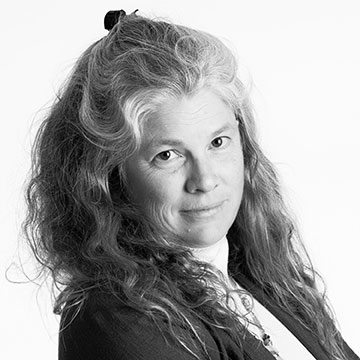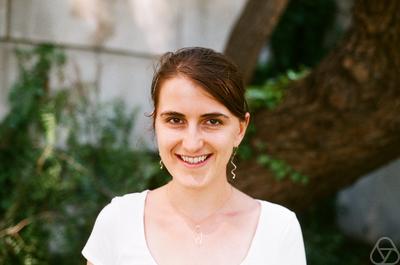Pauline Sperry Undergraduate Lectures
101st Anniversary Talk: How to Keep your Secrets in a Post-Quantum World
Dr. Kristin Lauter
Microsoft Research
This talk will give an overview of the history of various hard problems in number theory which are used as the basis for cryptosystems. I will survey the evolution of attacks and discuss the upcoming NIST competition to standardize new cryptographic schemes for a post-quantum world. I will present some current proposals for post-quantum systems based on supersingular isogeny graphs of elliptic curves and lattice-based cryptosystems in cyclotomic number fields. Supersingular Isogeny Graphs were proposed for use in Cryptography in 2006 by Charles-Goren-Lauter, and are currently being considered as candidates for standardization in several tracks of the 2017 NIST Post-Quantum Cryptography International Competition. These are Ramanujan graphs whose nodes are supersingular elliptic curves and edges are isogenies between them.Biography of Dr. Lautner

Kristin Estella Lauter is a mathematician andcryptographer whose research areas arenumber theory,algebraic geometry, and applications to cryptography. She is particularly known for her work on homomorphic encryption,elliptic curve cryptography, and for introducing supersingular
isogeny graphs as a hard problem into cryptography. She is a Principal
Researcher and Research Manager of the Cryptography Group atMicrosoft Research in Redmond, Washington. She served as President of the Association for Women in Mathematics from 2015 –2017. She has published more than 100 papers and holds more than 50 patents.In 2008 Lauter and her coauthors were awarded the Selfridge Prize in Computational Number Theory. She was elected to the 2015 Class of Fellows of theAmerican Mathematical Society "for contributions to arithmetic
geometry and cryptography as well as service to the community." In
2017, she was selected as a fellow of theAssociation for Women in Mathematics in the inaugural class, and as the 2018-2020 Polya Lecturer for the Mathematical Association of America.Lauter received her BA, MS, and Ph.D degrees in mathematics from the University of Chicago, in 1990, 1991, and 1996, respectively. Prior to joining Microsoft, she held positions as a visiting scholar atMax Planck Institut fur Mathematik in Bonn, Germany (1997), T.H.
Hildebrandt Research Assistant Professor at the University of Michigan
(1996-1999), and a visiting researcher at Institut de Mathematiques
Luminy in France (1999).She is a co-founder of the Women in Numbers Network, a research
collaboration community for women in number theory, and she is the lead
PI for the AWM NSF Advance Grant (2015-2020) to create and sustain
research networks for women in all
areas of mathematics. She serves on the Board of Trustees of MSRI, the
Advisory Board of theBanff International Research Station and has served on the Council[7] of theAmerican Mathematical Society (2014-2017).100th Anniversary Talk: Where Number Theory Meets Network Optimization
Elena Fuchs
Assistant Professor of Mathematics
UC Davis
In the early 70’s, the concept of “expander graphs” was introduced as an optimal model for networks of arbitrary size. Back then, it was not even known whether such graphs exist or not. Today, we not only know that they exist, but have seen their importance come up in a great spectrum of fields in mathematics and computer science. In this talk, we will explore what these graphs are and give an idea about how they have recently made a splash on the number theory scene.
No prerequisites are required.Biography of Prof. Fuchs

Professor Elena Fuchs received her B.A. in mathematics here at UC Berkeley in 2005 and earned her Ph.D. in number theory from Princeton University before beginning postdoctoral work at the Institute for Advanced Study in 2010. Since then, she has held positions at UC Berkeley and University of Illinois, Urbana-Champaign. In 2016, Professor Fuchs was awarded the Sloan Fellowship for early-career researchers and is currently an assistant professor at UC Davis.A committee member of the Association for Women in Mathematics, Professor Fuchs was the president of Princeton University Noetherian Ring and co-founded Princeton Math Circle as a graduate student. Since then, she has been involved in various events including a Summer Workshop for Women in Mathematics at Princeton, Illinois Number Theory Conference, and the 2016 Midwestern Women in Mathematics Symposium as a co-organizer.Professor Fuchs does research on the interplay between geometric group theory and number theory, such as Apollonian gaskets, which are fractals made of circles. In particular, she is interested in arithmetic properties of integer matrix groups such as various monodromy groups and hyperbolic reflection groups.
